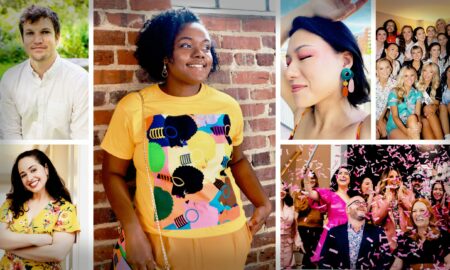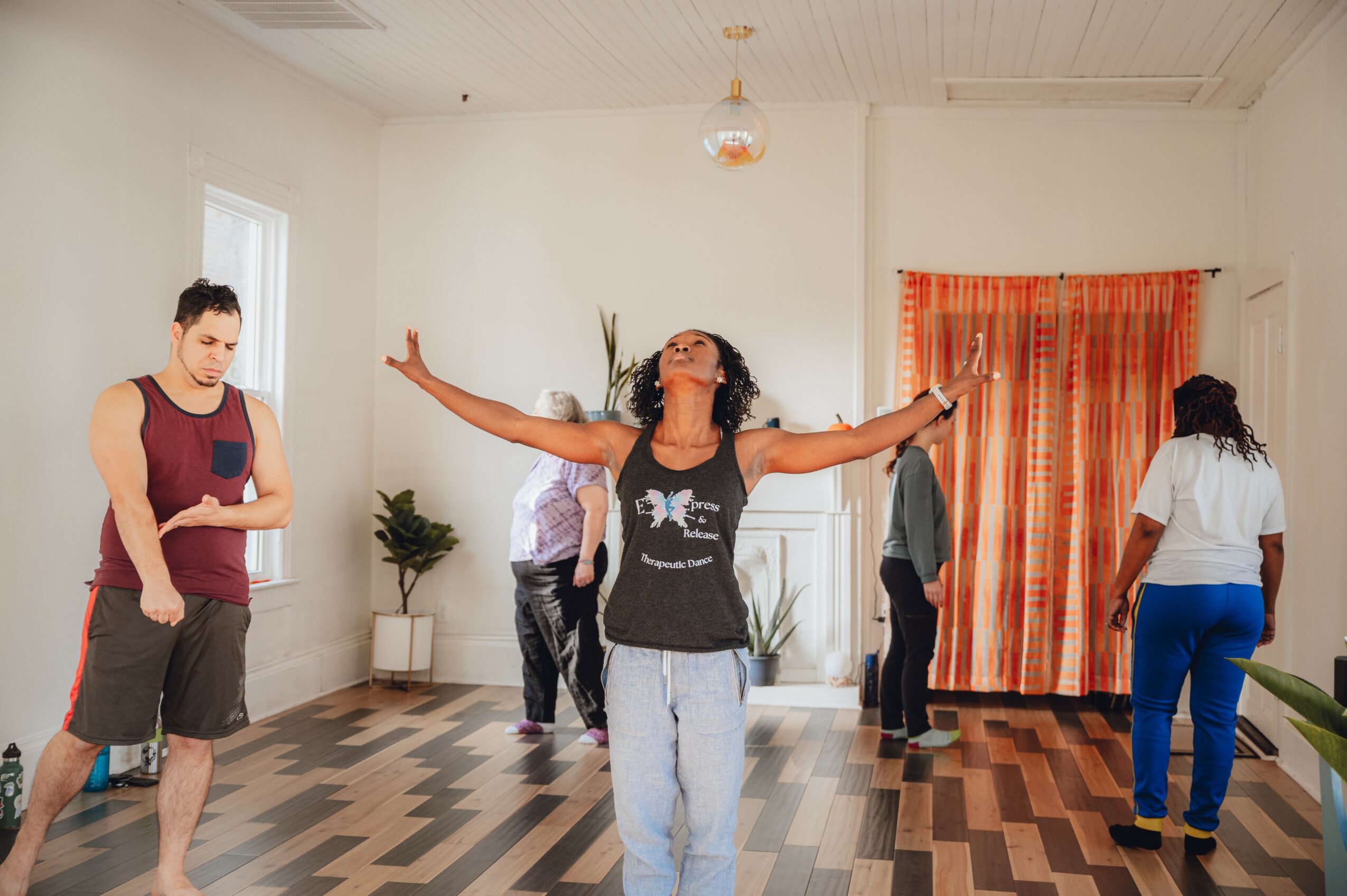

We recently had the chance to connect with Gabrielle Rivero and have shared our conversation below.
Gabrielle, we’re thrilled to have you with us today. Before we jump into your intro and the heart of the interview, let’s start with a bit of an ice breaker: When was the last time you felt true joy?
The last time I felt true joy was in June 2025, when I traveled to Puerto Rico for the first time with my spouse and our three kids. We explored El Yunque rainforest, played at the beach, ate endless plátanos and yuca, listened to the coquí frogs at night, and practiced our Spanish as we walked everywhere and even took the ferry.
What made it feel like true joy wasn’t just the beauty of the trip—it was the fact that it had once felt impossible. For decades, I had longed to travel, to see more of the world, and to step outside my bubble. Yet there was never enough money, never enough time, never enough freedom from work. A year earlier, our Puerto Rico fund was almost empty, and my spouse doubted it could happen. But I held onto hope. Together, we saved, sacrificed, and stayed committed—and we made it.
Experiencing Puerto Rico as a family was profound. My kids connected with their culture in ways I never had. My spouse returned to the island where he was born and felt known again. Watching them feel seen, while sharing mornings of guava pastries and coffee, felt magical. That was true joy.
Can you briefly introduce yourself and share what makes you or your brand unique?
My name is Gabrielle Rivero, and I am the owner and founder of Express and Release Therapeutic Dance. I created this space for kids, adults, and seniors to recognize, express, and release emotions held in the body through movement.
So often, we think our feelings live in our minds—and while talking about emotions can help, our bodies actually hold onto them. Stress, anger, frustration, or even excitement don’t just stay in our thoughts; they show up in our muscles, our posture, our energy. When we don’t release them, they build up. Through movement, we create a way to let those emotions flow out in healthy, creative, and safe ways.
At Express and Release, I guide people to first recognize what they’re feeling, then use dance and movement as a language of expression. By releasing emotions from the body, we open up space for clarity, balance, and joy.
My goal is to show communities that no feeling is “bad” or “wrong.” Instead, emotions are signals asking for movement. When we honor them in our bodies—without harming ourselves or others—we become more resilient, less stressed, and more able to show up fully as ourselves.
Amazing, so let’s take a moment to go back in time. What’s a moment that really shaped how you see the world?
A moment that really shaped how I see the world happened when I was 19. I was young, ambitious, and determined to change lives through the arts. With no real experience, I started my first nonprofit, Heartbeat of the Arts, while still a sophomore in college. We worked with kids—many from Section 8 housing communities—and offered them after-school programs in dance, drumming, theater, and visual arts.
What amazed me was how quickly it grew. In less than a month, we went from an idea to a fully incorporated organization, and by the end of our first year, we were serving around 60 kids. I poured everything into building those programs—West African dance, ballet, hip-hop, drumming, painting, theater—and seeing the kids come alive in those spaces taught me so much about the power of art.
One day, a student came in angry after school. When I asked if he wanted to talk, he said, “No, Miss Gabby, I just want to dance it out.” That moment changed everything for me. I realized dance isn’t just performance—it’s a way to move emotions through the body. That one phrase, dance it out, shaped my philosophy and continues to guide my work today.
Was there ever a time you almost gave up?
Honestly—almost every day. Starting Express and Release Therapeutic Dance wasn’t just opening a business; it was putting a deeply personal idea into the world. It’s not something people already recognize, like childcare or fitness. It’s a new concept, and every day I have to show up and convince others that it’s worth trying. That takes vulnerability, and with it comes rejection, shame, and doubt.
There have been workshops where only two people showed up, moments where someone dismissed it as “just dancing,” and days when I wondered if my idea mattered at all. The hardest part is reminding myself that both I and this work are worthy—worthy even in the face of no’s, small turnouts, or skepticism.
But then I see the impact. I’ve watched my own kids become better regulated through this practice. I’ve had adults tell me a single class changed their life. I’ve held space where Black women said, “This is the first time I’ve ever expressed anger safely.” Those moments remind me why I keep going. This work matters—because it helps people move their feelings, speak their truths, and show up fully in the world.
Alright, so if you are open to it, let’s explore some philosophical questions that touch on your values and worldview. Where are smart people getting it totally wrong today?
Where I think smart people often get it wrong today is believing that learning stops once we “know enough.” About seven years ago, when my oldest son was born, I realized how false that was. He is half Hispanic and half Black, and I didn’t want him to grow up feeling he didn’t fully belong in either culture. I decided he needed Spanish—but the only problem was I didn’t speak it myself.
So, as a stay-at-home mom, I started teaching him anyway. I spoke in broken Spanish, guessed at words, sang songs I didn’t understand, and leaned on Siri for help. People laughed, corrected me, and said it would never work. But I kept trying. And then one day, at just over a year old, my son answered me in Spanish. That moment proved that persistence mattered more than perfection.
Over time, my kids became fully bilingual, and I became fluent too. What I learned is that humility, vulnerability, and willingness to fail are the keys to growth. The mistake so many smart people make is thinking knowledge is a finish line. It isn’t. Real wisdom comes from staying open, learning daily, and being brave enough to keep trying even when you look foolish.
Okay, we’ve made it essentially to the end. One last question before you go. What is the story you hope people tell about you when you’re gone?
When I’m gone, I hope people tell a simple story: that I loved well. A few weeks ago, my six-year-old looked at me and said, “Mommy, you’re a good mommy.” I asked him what he meant. He said, “You love people well.” I stopped. In that instant I realized this is how I want to be remembered.
I want people to say I cared deeply—whether they were a customer, a classmate, a neighbor, or a stranger. I want my presence to have made others feel seen, heard, and valued. Loving well, to me, means finding common ground even when opinions, beliefs, or languages differ. It means choosing kindness, practicing patience, and using actions more than words to connect.
If my legacy is that someone could look at another human and say, “You are worthy of love,” then I will have lived rightly. My hope is that my life is remembered not for accolades or titles, but for the quiet, steady way I cared for people—so they left my presence lighter, braver, and more whole. May that memory inspire others to love generously, to offer grace freely, and to build small everyday bridges that make the world a kinder, compassionate place.
Contact Info:
- Website: https://expressnrelease.com
- Instagram: @expressnrelease
- Linkedin: @expressnrelease
- Facebook: @expressnrelease
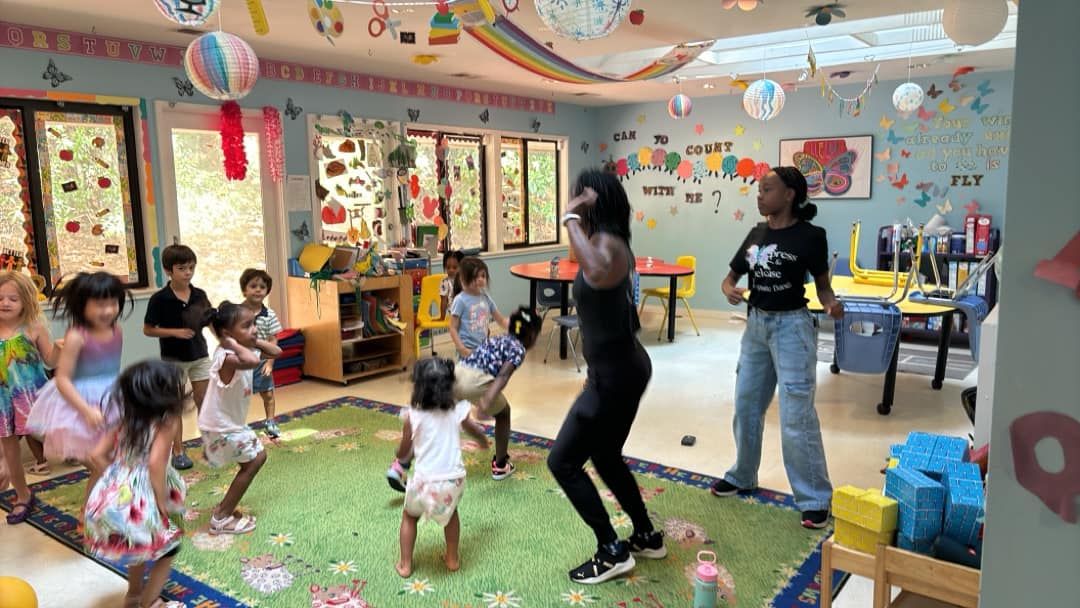
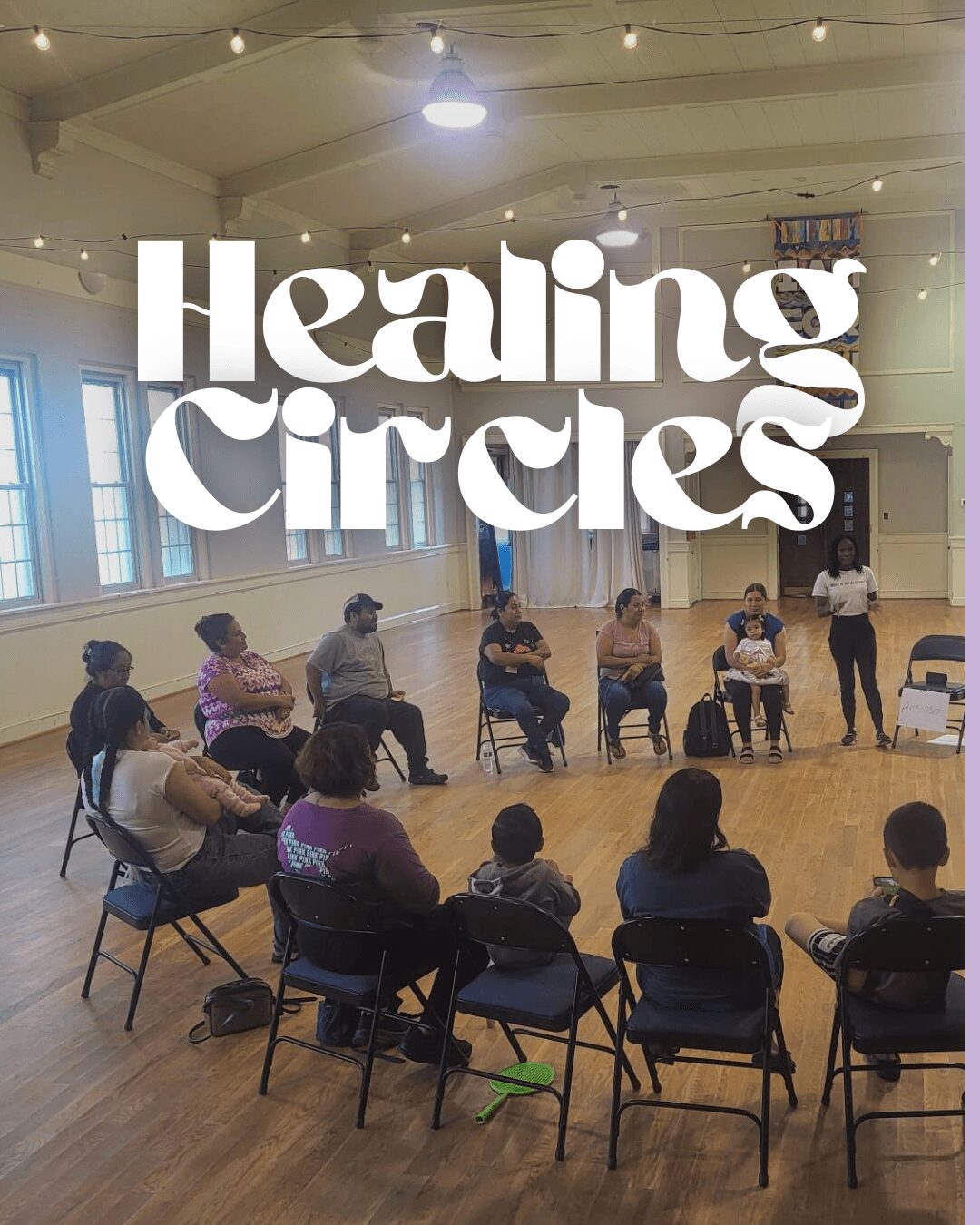
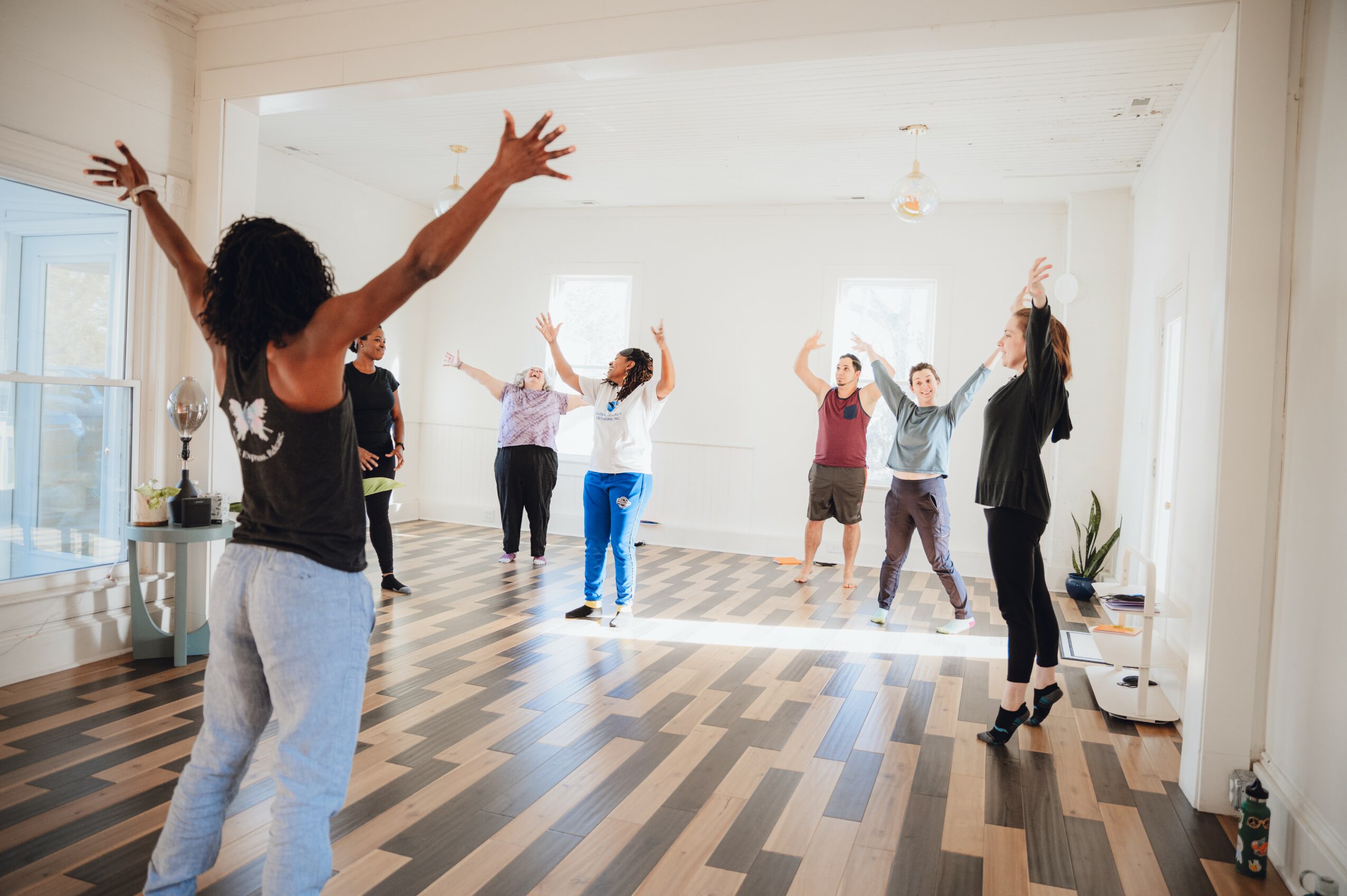
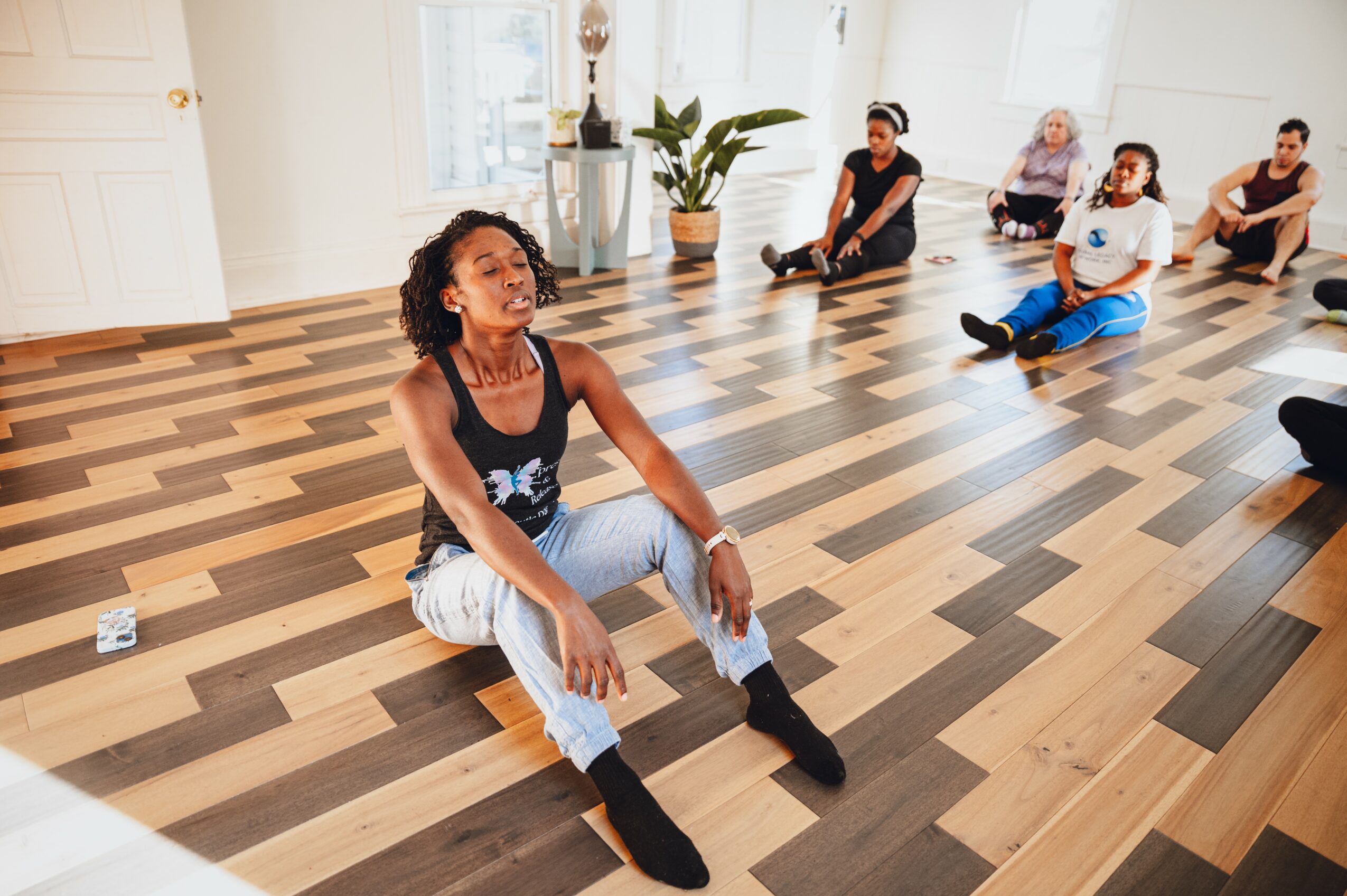
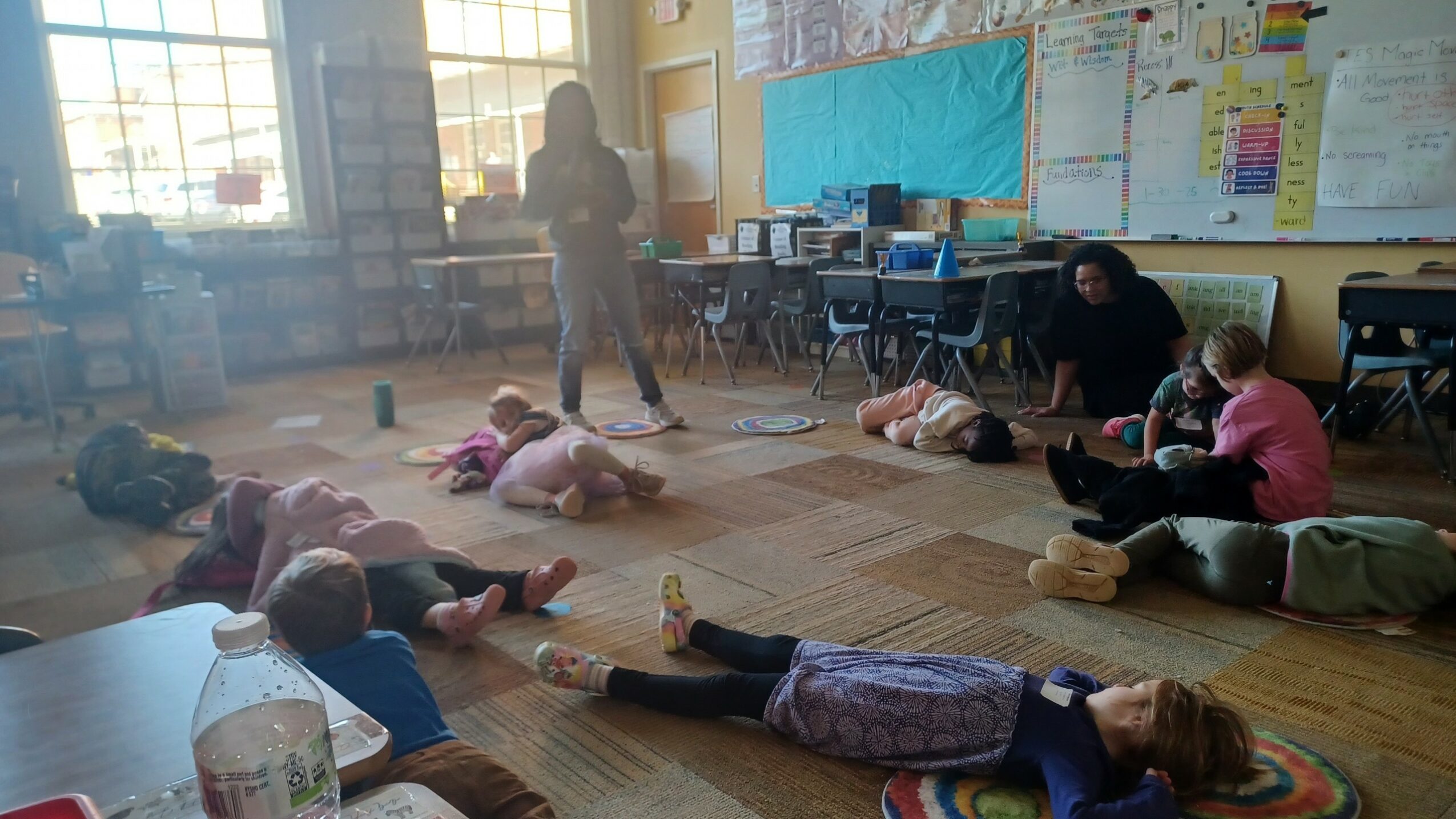
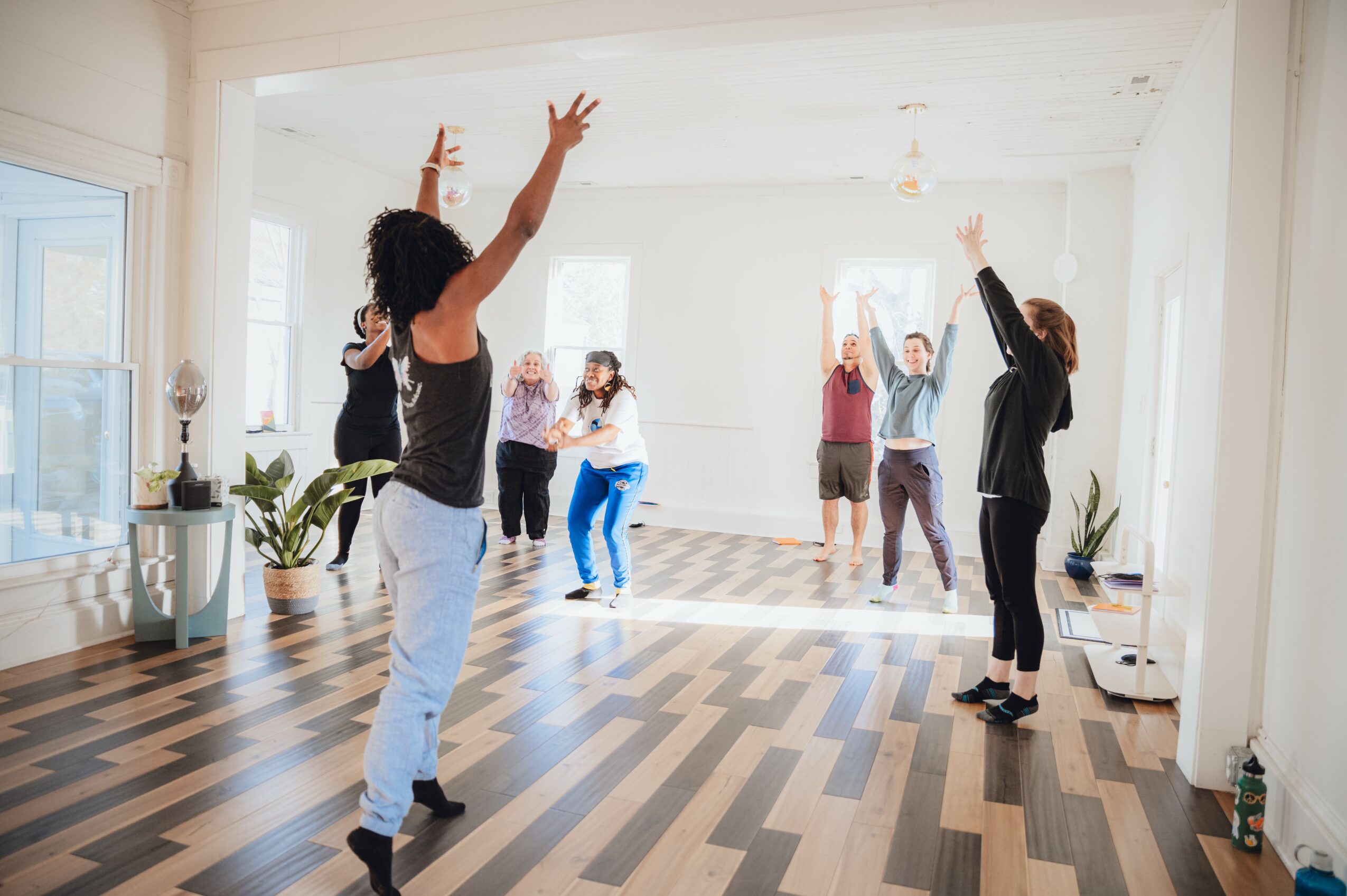
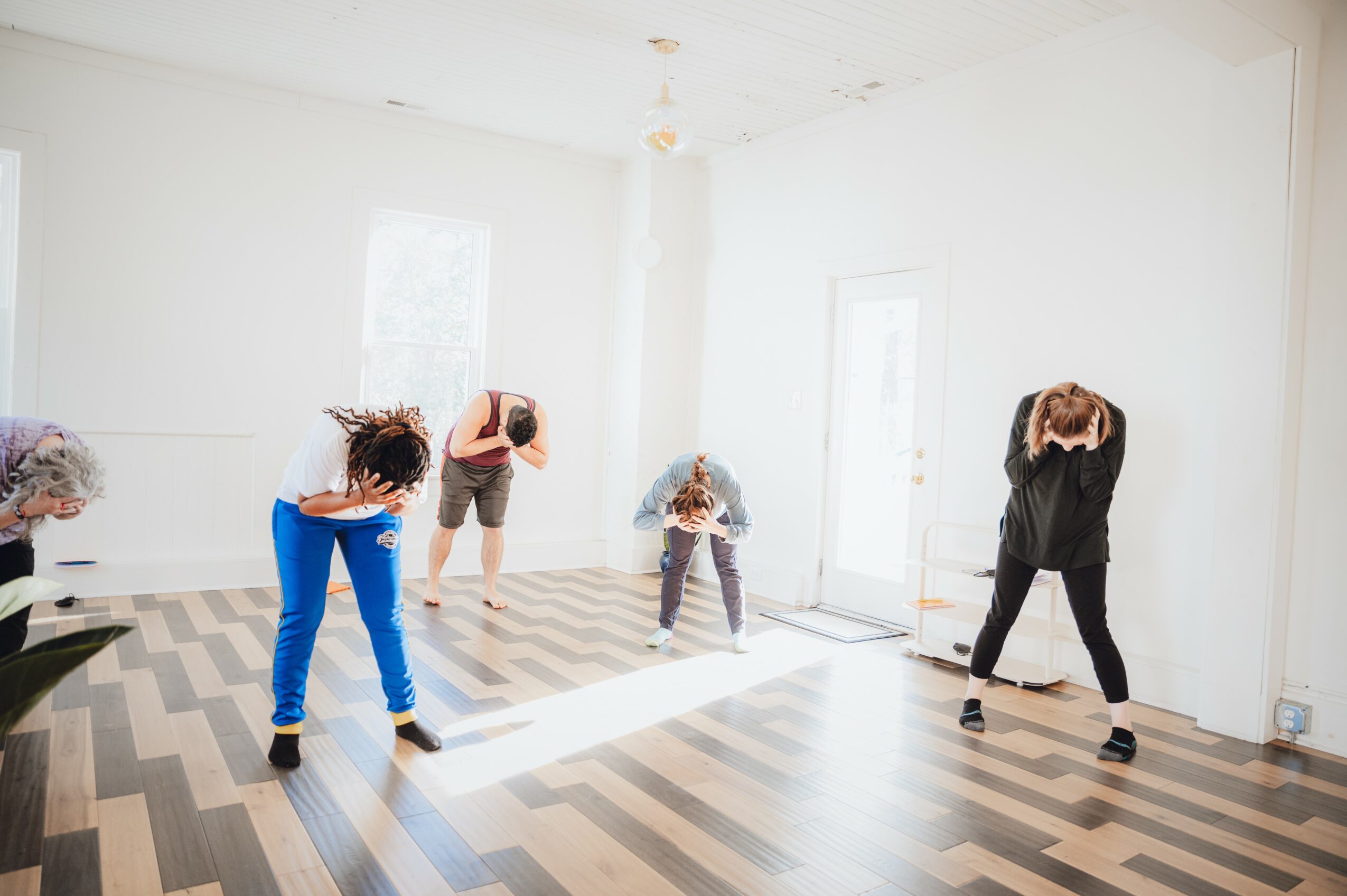
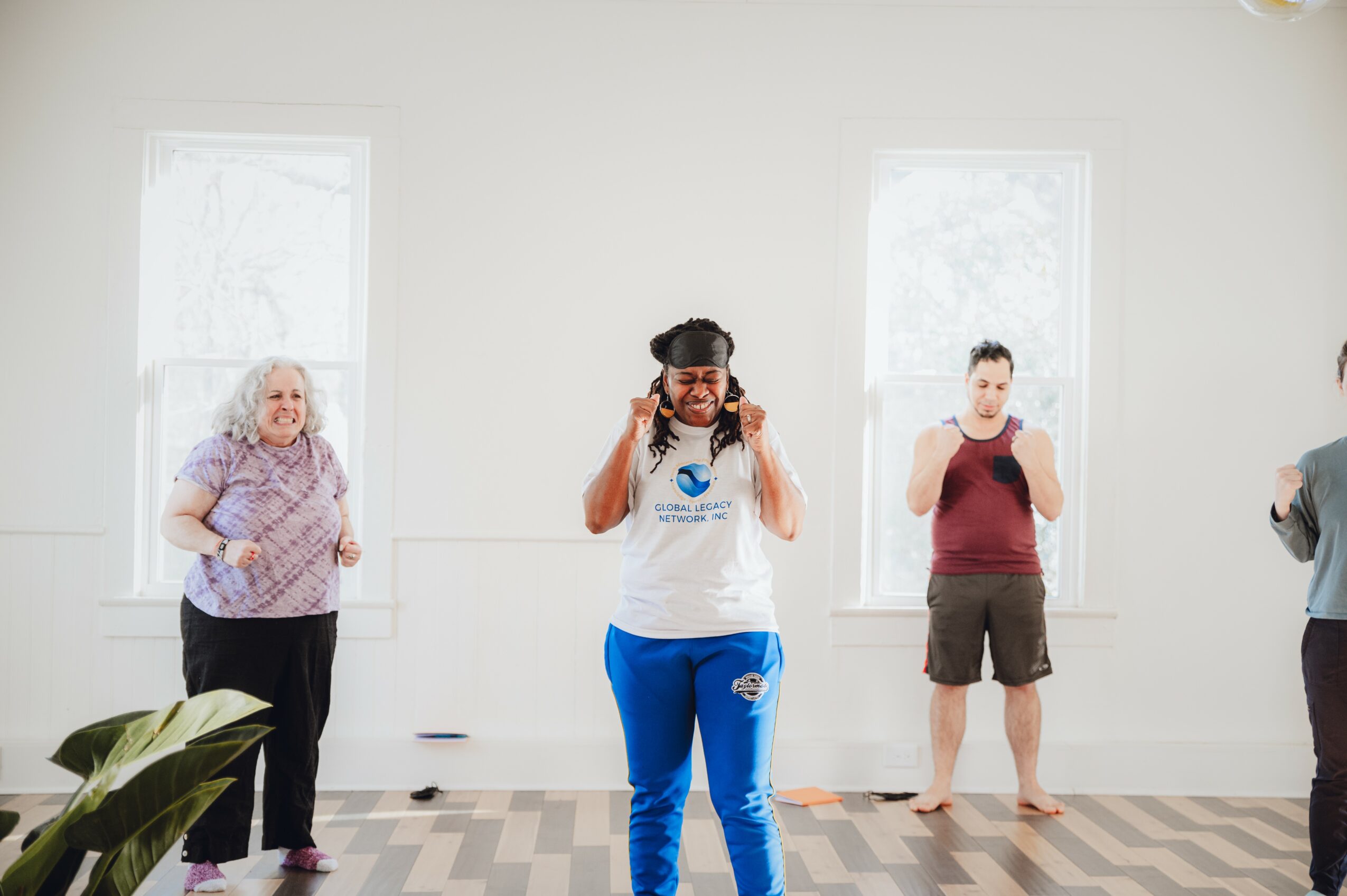
Image Credits
WILLIAM ARGUETA

